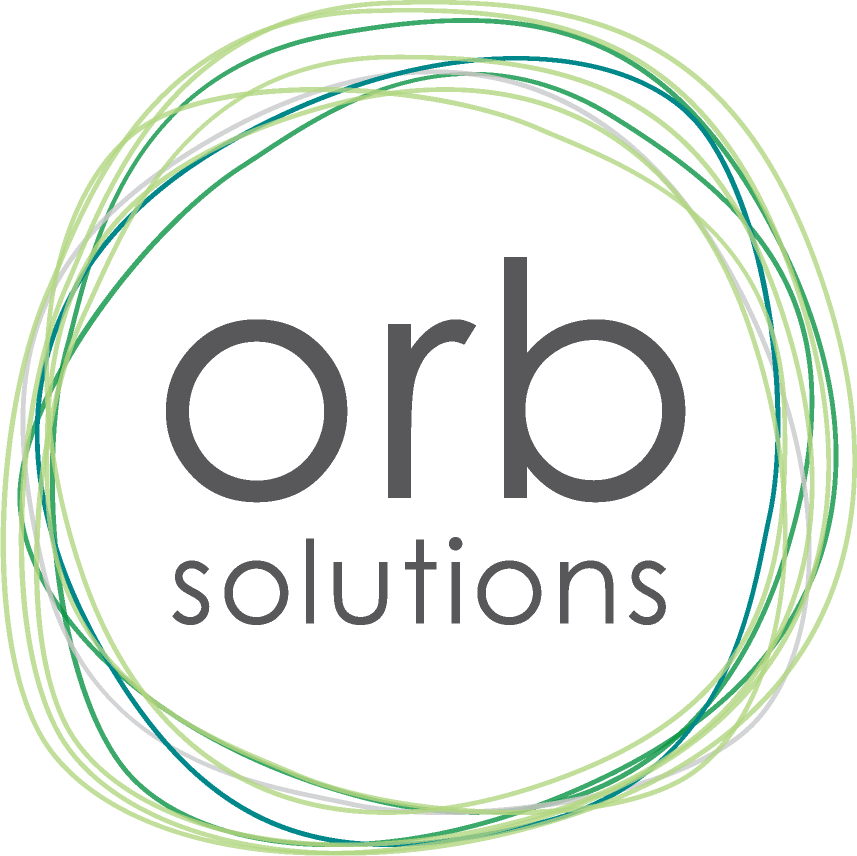Fine, I will just do it all myself! →
“Fine, I will do it all myself”, “Fine, I will I never ask you for help again”, “Fine, I will contact the CEO then!” or “Fine, I will move out then!” are classic ‘dead-end’ statements.
Whether its in business or personal life, it is useful to have strategies in your head to assist if you want to maintain the relationship.
It is fairly common to respond to those sorts of statements with “Fine!” or “Whatever” which is a sure fire way of tipping the conversation closer to the precipice of no return. Tammy Lenski suggests a better response is “That’s an option we can consider”, or “How can we figure a less extreme solution?” These responses acknowledge the reaction without getting positional or caving to their words.
The key is embedding in your brain, to respond with a “How can...? to encourage problem solving without getting into yes and no responses.
What it does require is an awareness of own reaction to the words being said, and the ability to create a space between reaction and action.
Tammy Lenski is well worth following and has some other great times for situations where a person is being defensive, uncommunicative or they are simply unloading a lot and leaving you feeling overwhelmed.





